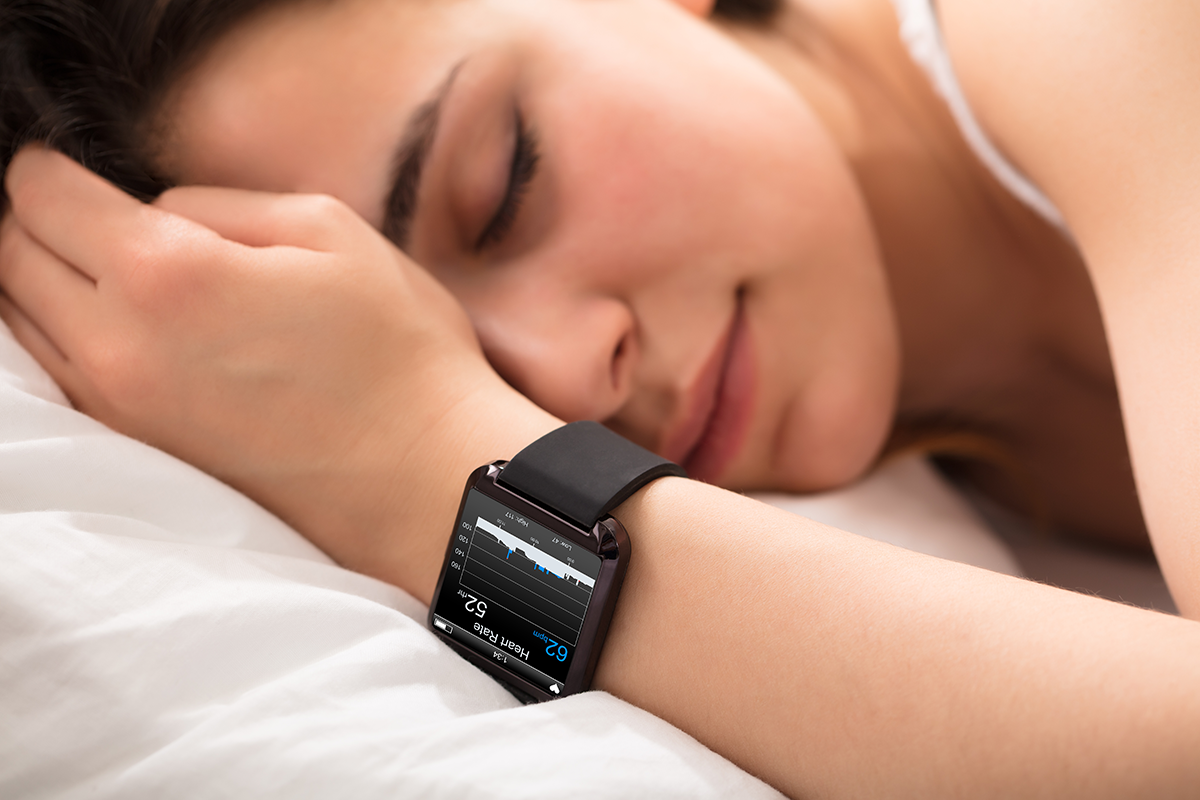Current Situation of Femtech that Supports Women's Healthcare
Size of Femtech Market Expected to Expand to 2 Trillion Yen
Do you know about the word "femtech," which has been under the spotlight in recent years? It is a word that combines "female" and "technology." It refers to products and services that solve women's health issues with technology.
Women face events unique to them in their life stages – menstruation, pregnancy, infertility, postpartum care, menopause, and gynecological disorders. These events have a massive impact on women's work styles and life stages. Nevertheless, women's health care issues have not been widely covered in the media or elsewhere in the past.
Addressing women's health issues through femtech is not just about ensuring women's comfort and making it easy for them to work. According to Addressing Women's Health in Health Management (March 2019) by the Ministry of Economy, Trade and Industry, poor performance associated with menstruation accounts for about 490 billion yen per year in labor losses in Japan. The number of companies, especially startups, involved in femtech is currently increasing around the world. It is predicted that the size of the femtech market in Japan will reach about 2 trillion yen in 2025 (Survey Report on the Effects and Issues That Changes in Work Styles and Living Styles Will Have on the Japanese Economy in the Future by the Ministry of Economy, Trade and Industry).
Supporting Attempts to Conceive through Smartphone Apps
A relatively well-known service in femtech is smartphone apps that support menstruation management. One of these has been used in Japan for more than 20 years. Recently, these apps also provide support according to the user's desire for pregnancy and contraception in addition to predicting menstrual days. Moreover, big data collected through these apps is also being utilized in efforts to solve issues in collaboration with universities and local governments.
A printing-related company has developed an IoT service that automatically records a woman's basal body temperature while she sleeps. A woman's basal body temperature is divided into a low-temperature period and high-temperature period according to the hormone secretion balance. It is necessary to continue recording the woman's body temperature when she is resting for several months to understand this cycle. Therefore, this has only been utilized by some women.
Accordingly, the printing-related company developed an IoT service that combines a wearable device equipped with a sensor and a dedicated app. The user is able to measure her basal body temperature with ease because she can confirm her basal body temperature with the dedicated app when she wakes up after going to sleep wearing the device. This service is useful in supporting the birth of citizens. For instance, it has also been introduced in projects by local governments. It is being lent for free to citizens who wish to become pregnant.

Alleviating Diseases Unique to Women with Technology
In addition to this, femtech provide products and services to deal with various diseases unique to women.
For example, menstrual pain is one of the symptoms that trouble women. According to a survey by a household goods manufacturer, 70% of women experience menstrual pain. Looking at the percentage of those who responded saying that their level of menstrual pain is "severe" or "somewhat severe" by age group, it was over 70% for all those in their 10s to 30s, over 60% for those in their 40s and over 50% for those in their 50s. Many companies offer menstrual leave. However, the reality is that it is difficult for women to take this leave. An overseas company has developed a wearable device that makes menstrual pain less noticeable. This device relieves pain by sending electric signals to the nerves.
There is also a venture company that has developed a mobile fetal monitor. It is possible to check the heartbeat of a fetus with a cordless device and then to share that data with doctors in real time via the cloud. This enables online maternity examinations. Accordingly, it is expected that the need for this mobile fetal monitor will increase during the COVID-19 pandemic.
Breast cancer is one of the most common diseases in women. Existing test methods include X-ray tests and ultrasound scans. However, there is a burden associated with taking such a test (e.g., exposure risk and pain). To address this, a venture company developed a bed-shaped inspection device. The device allows a woman to take an ultrasound examination simply by lying face down on the bed and putting her breasts in the openings of the device. This has made it possible to reduce the burden on the woman who is undergoing the test.
In this way, various products and services are being developed in femtech. This is a developing market in terms of information management, product and service safety, social awareness reform, and other factors. Nevertheless, there are high expectations for new products and services that will support women's healthcare.
Other Links
Related articles
- Technologies and Ideas for Realizing a More Comfortable Society Through Wireless Power Supply (Wireless Power Transfer)
- Providing Components and Solutions for the Automobile Society of the Future: Murata Manufacturing at the Automotive Engineering Exposition 2025
- Combining Both Energy Saving and Comfort in Air-Conditioning Equipment: Automatic Control of Air-Conditioning by AI

